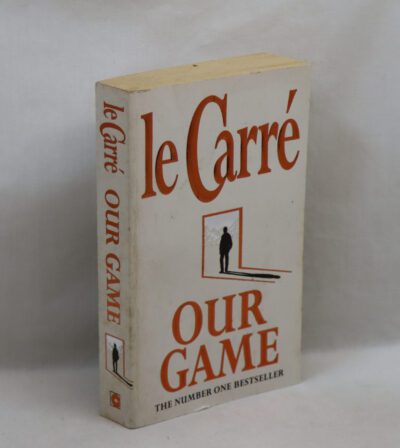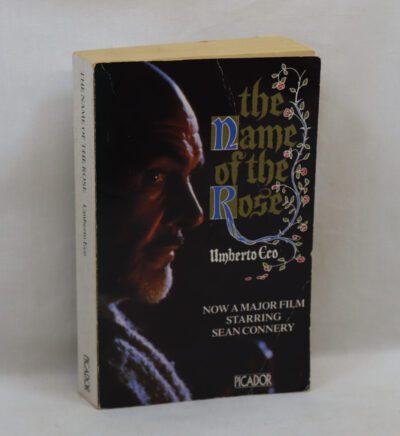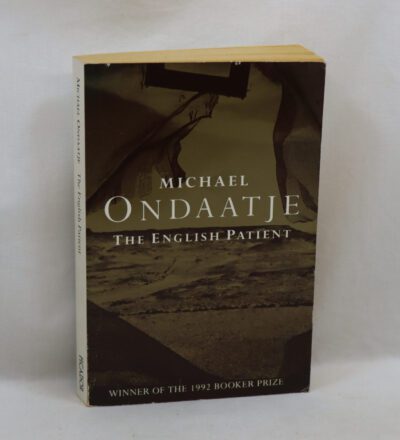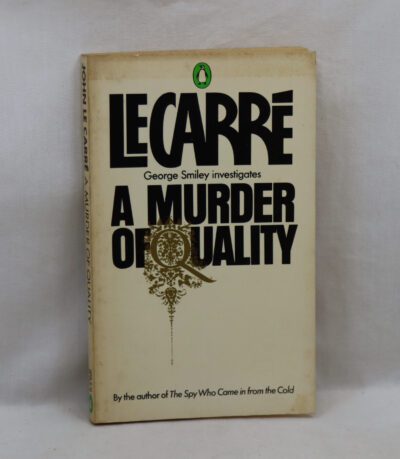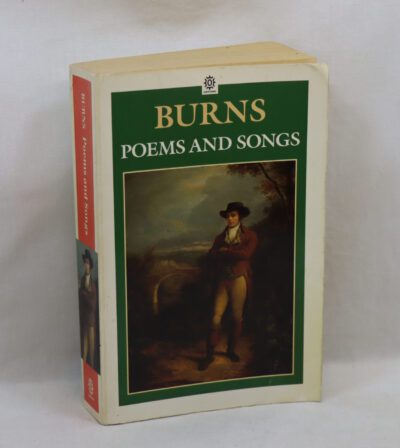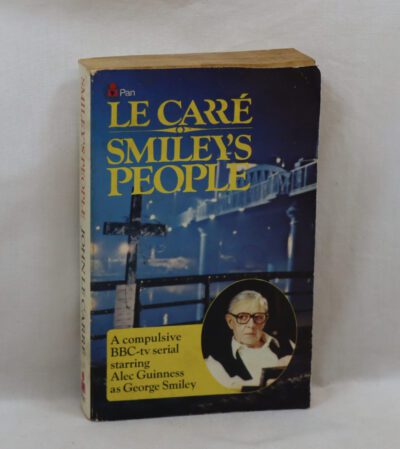The Secret Agent.
By Joseph Conrad
Printed: 1963
Publisher: Penquin Books. London
| Dimensions | 11 × 18 × 1 cm |
|---|---|
| Language |
Language: English
Size (cminches): 11 x 18 x 1
Condition: Fair (See explanation of ratings)
Your items
Item information
Description
Paperback. Grey cover with black title.
We provide an in-depth photographic presentation of this item to stimulate your feeling and touch. More traditional book descriptions are immediately available
A FROST PAPERBACK is a loved book which a member of the Frost family has checked for condition, cleanliness, completeness and readability. When the buyer collects their book, the delivery charge of £3.00 is not made
The Secret Agent: A Simple Tale is one of Joseph Conrad’s later novels. Set in London in 1886, the novel tells the story of Adolf Verloc, a member of a largely ineffectual anarchist group who is also a secret agent, and an operation with unforeseen consequences. In his Author’s Note written in 1920, Conrad explains that the plot of the novel was inspired by the Greenwich Bomb Outrage of February 1894. In this event, explosives prematurely detonated in the hands of a French anarchist named Martial Bourdin on the grounds of the Greenwich Observatory. What fascinated Conrad the most about the Greenwich Bomb Outrage was the fact that the motives remained a mystery. Through themes of espionage, anarchism, and terrorism based on horrific, but true events, The Secret Agent questions the world’s capacity for reason and order in a smart, yet skeptical way. Perhaps this explains why the novel is said to be one of the three most talked-about works of literature in the media immediately after 9/11.
The Secret Agent did not sell well initially, but is now considered a classic. The novel is ranked 46th on Modern Library’s “100 Best” English-language novels of the 20th century. The Secret Agent has undergone multiple adaptations for both the stage and the screen. Perhaps most notable is Alfred Hitchcock’s 1936 film, Sabotage, loosely based on the novel, though many changes to the plot and characters were made. (Not to be confused with another 1936 Hitchcock film, Secret Agent, based on short stories by W. Somerset Maugham.)
Note: The Secret Agent is said to have greatly influenced Theodore Kaczynski, better known as the Unabomber. Kaczynski, who engaged in a nationwide bombing campaign in the US between 1978 and 1995, strongly identified with the Professor, the villain of the novel.
Joseph Conrad (born Józef Teodor Konrad Korzeniowski,3 December 1857 – 3 August 1924) was a Polish-British novelist and story writer.He is regarded as one of the greatest writers in the English language and – though he did not speak English fluently until his twenties (always with a strong foreign accent) – became a master prose stylist who brought a non-English sensibility into English literature. He wrote novels and stories, many in nautical settings, that depicted crises of human individuality in the midst of what he saw as an indifferent, inscrutable, and amoral world. Conrad is considered a literary impressionist by some and an early modernist by others, though his works also contain elements of 19th-century realism.His narrative style and anti-heroic characters, as in Lord Jim,have influenced numerous authors. Many dramatic films have been adapted from and inspired by his works.Numerous writers and critics have commented that his fictional works, written mostly in the first two decades of the 20th century, seem to have anticipated later world events. Writing near the peak of the British Empire, Conrad drew on the national experiences of his native Poland—during nearly all his life, parcelled out among three occupying empires]—and on his own experiences in the French and British merchant navies, to create short stories and novels that reflect aspects of a European-dominated world—including imperialism and colonialism—and that profoundly explore the human psyche.
Want to know more about this item?
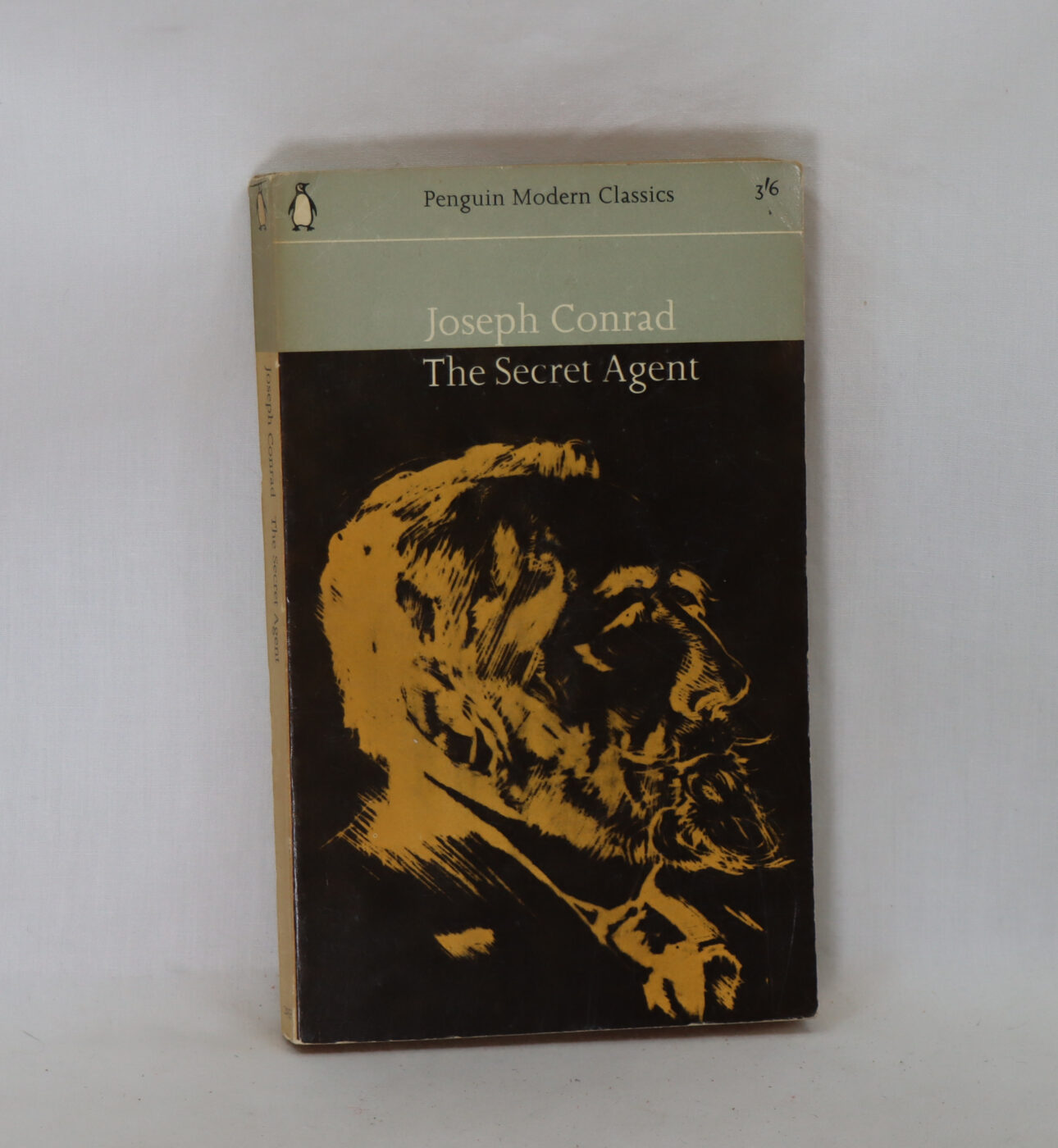
Related products
Share this Page with a friend

